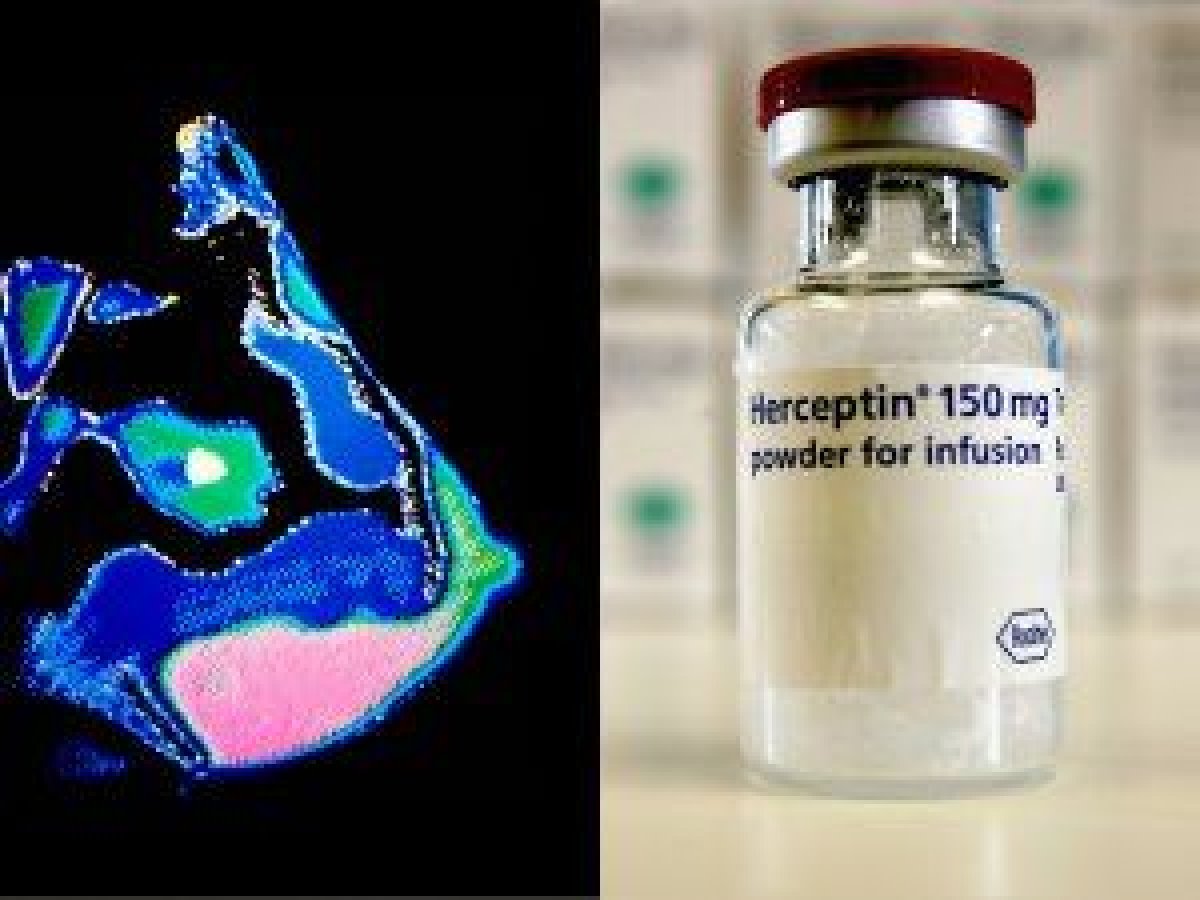
To anyone who feels guilty for not gorging on antioxidants—actually, make that "antioxidants!," which seems to be how grocery manufacturers think of them—redemption is nigh. For years the media, food labels, dietitians, and even scientists who should know better have bombarded us with advice to load up on antioxidants: compounds found (mostly) in fruits and vegetables that mop up free radicals, which are highly reactive clusters of atoms that have been fingered as the evildoers responsible for aging and for illnesses from cancer to heart disease.
Not so fast. First, studies piled up showing that taking antioxidants—even such common and seemingly innocuous ones as beta carotene and vitamins C and E—as supplements was not beneficial to health and might even be dangerous, though the reason for the danger wasn't clear. (One always pays attention when a study concludes with a phrase like "seems to increase overall mortality.") Now the research is challenging an even more fundamental tenet of the antioxidant craze. Many of the free radicals that are neutralized by antioxidants perform valuable functions in the body. The most important: fighting toxins (white blood cells churn out free radicals by the battalion to fight bacterial infection) and fighting cancer. Maybe it's not such a fabulous idea to flood the body with something that neutralizes these warriors of the immune system. Or as British chemist and science writer David Bradley noted in his blog, Reactive Reports, "It's always struck me as odd that you would want to ingest extra antioxidants anyway, given that oxidising agents are at the front-line of immune defence against pathogens and cancer cells ... Suffice to say that taking antioxidant supplements ... may not necessarily be good for your health if you already have health problems," especially cancer or an infection.

The first hints that the bandwagon was crashing came from the hundreds of studies that have tried to assess the health effects of antioxidant supplements. The results have not been pretty. In 2008 the Cochrane Collaboration, an international consortium of scientists who assess medical research, scrutinized 67 studies with nearly 400,000 participants. The goal: to determine whether antioxidant supplements reduce mortality in either healthy people or in people with cardiovascular, neurological, rheumatoid, renal, endocrine, or other diseases. Conclusion: "We found no evidence to support antioxidant supplements for primary or secondary prevention, [and] Vitamin A, beta-carotene, and vitamin E may increase mortality." In analyses of antioxidant supplements and Lou Gehrig's disease, Alzheimer's or mild cognitive impairment, and lung cancer, the Cochrane scientists' verdict was the same: no, no, no, and no. And each analysis had an alarming refrain about increasing overall mortality.
It's not clear why antioxidants in supplement form might be so dangerous. One idea holds that at high doses they become pro-oxidants, stimulating the harmful DNA- and cell-damaging reactions they're supposed to prevent. But a more likely explanation is that we are seeing the human version of what scientists are finding in studies of lab animals: antioxidants interfere with immune-system cells that fight infection and cancer.
For those who got to this party late, free radicals are generated by normal metabolism, though dietary fat and iron-rich foods such as red meat generate more of them. Free radicals can damage proteins, fats, carbohydrates, and DNA—the biological stuff we're made of. They also harm the cells that line blood vessels, enabling tumor cells to enter the bloodstream and metastasize. All this destruction, explains Jeffrey Blumberg, director of the Antioxidants Research Lab at Tufts University, "is believed to initiate, promote, or stimulate the progression of many chronic diseases, including cardiovascular disease and cancer," as well as normal aging. "The hypothesis that emerged is that if you prevent the damage, you prevent the disease."
That was music to the ears of food manufacturers, especially as research suggested that some antioxidants are better than others at quenching different free radicals. Beta carotene, for instance, slays superoxide dismutase, but vitamin E is relatively impotent against it. On the other hand, vitamin E makes LDL ("bad" cholesterol) more resistant to oxidation, which should be good for health: oxidized LDL is more likely to form plaque deposits that clog arterial walls. The different functions of different antioxidants opened the door to marketers pushing supplements for each one, as well as otherwise-unhealthy foods fortified with a cornucopia of antioxidants (Chocolatey Peanut Butter FiberPlus Antioxidants, anyone?).
In addition to the alarming findings from studies of people who take antioxidant supplements, new research is casting doubt on the benefits even more directly:
• A paper to appear in an upcoming issue of the Proceedings of the National Academy of Sciences finds that antioxidants might impair fertility. When scientists led by developmental biologist Nava Dekel of Israel's Weizmann Institute of Science applied antioxidants to the ovaries of female mice, ovulation levels plummeted: follicles released very few eggs. That suggested that ovulation might require the free radicals that antioxidants neutralize. Further experiments confirmed it: a type of free radical called reactive oxygen species is produced in response to luteinizing hormone, the physiological trigger for ovulation. That suggests that luteinizing hormone triggers ovulation through an intermediary—namely, reactive oxygen species. If reactive oxygen species are being mopped up by antioxidants, there's no ovulation.
• A 2010 study in lab rats found that two popular antioxidants, quercetin (found in black and green tea, red onion, and other plant foods) and ferulic acid (in apples, artichokes, wheat, and other plants), aggravated and possibly triggered kidney cancer. As the scientists put it in the Journal of Agricultural and Food Chemistry, "It is time to reevaluate the tumorigenic detrimental effect of" antioxidants.
• Finally, a new study in lab mice finds that a natural protein that boosts antioxidant levels in the blood may actually promote atherosclerosis, or clogging of the arteries. The study, in the January issue of Arteriosclerosis, Thrombosis, and Vascular Biology, offers clues about why taking antioxidants has not been shown to improve heart health. The protein Nrf2 indeed boosts antioxidants, but in the study it also raised blood-cholesterol levels, as well as cholesterol content in the liver—both of which are excellent ways to get atherosclerosis.
In 2009, 108 new food products with antioxidants touted on the label reached store shelves in the United States, according to the market-research firm Mintel. That compares with 16 in 2005 and 82 in 2007. "Buyer beware" doesn't begin to cover it.
Uncommon Knowledge
Newsweek is committed to challenging conventional wisdom and finding connections in the search for common ground.
Newsweek is committed to challenging conventional wisdom and finding connections in the search for common ground.
About the writer
To read how Newsweek uses AI as a newsroom tool, Click here.








